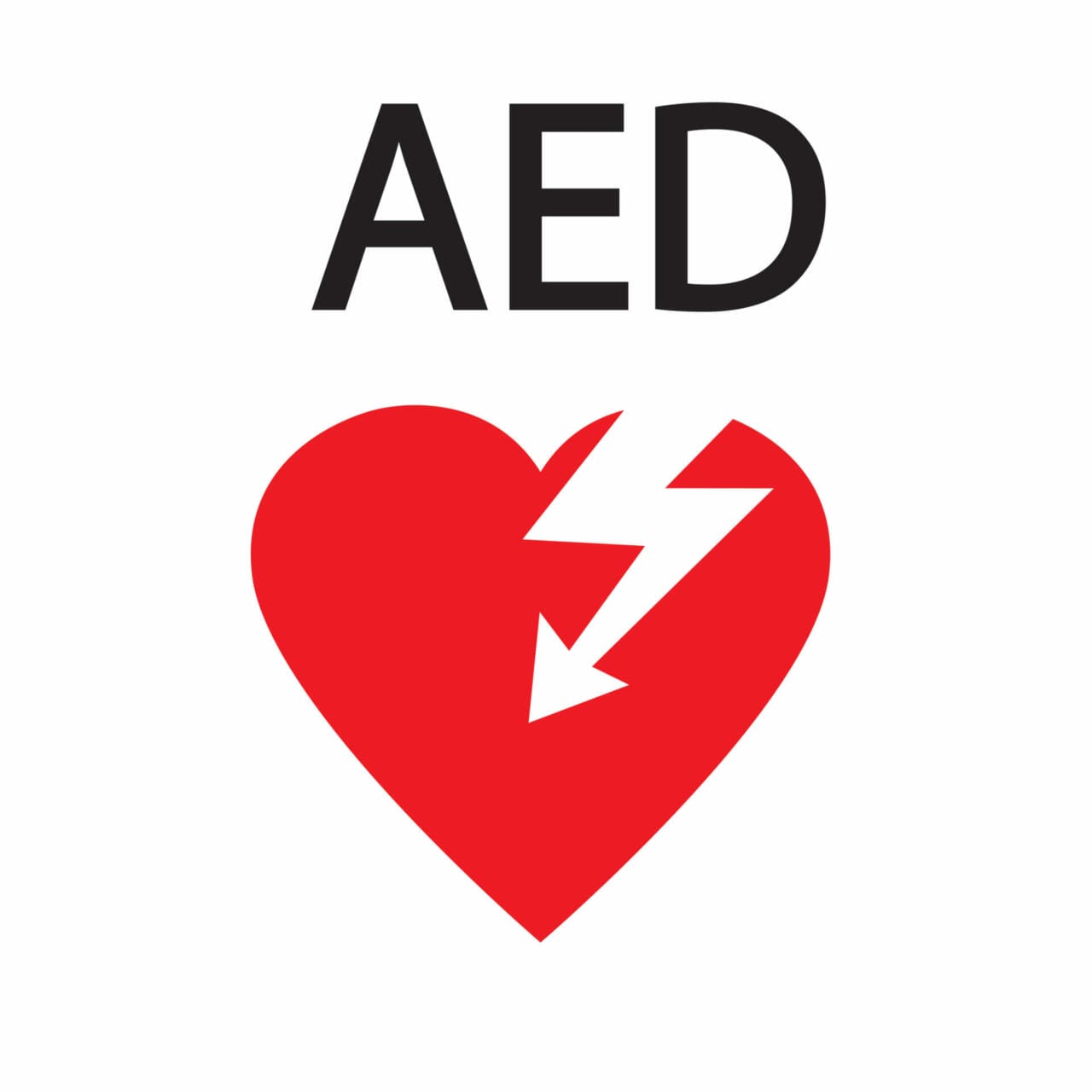AED Regulations

AED Regulations You Need To Follow in the Workplace
AEDs, also known as automated external defibrillators, are a crucial form of lifesaving technology that could prevent cardiac emergencies from having fatal results.
Cardiac arrest is the cause of 13% of workplace fatalities. In emergencies, the use of and AED and CPR has increases the survival rates of cardiac arrest victims three fold. Waiting for the arrival of emergency medical system personnel results in only 5-7% survival. Studies with immediate defibrillation have shown up to 60% survival one year after sudden cardiac arrest.
The odds of survival are definitely much better in the presence of an AED. If you have an AED in the workplace, you can quickly provide medical assistance to cardiac arrest patients. Since a cardiac arrest emergency can suddenly happen, you should ensure that your AED is accessible and ready for use anytime.
Owning an AED is not overly complicated, however there are AED regulations you should be aware of in your workplace. Below we will take a look at the rules governing AEDs for workplace use.
Brief History of AED State and Federal Legislation
Florida was the very first state to enact a broad public access law in 1997. As of 2010, all 50 states in the U.S. now have AED regulations or defibrillator use laws. While legislation varies in each state, the laws include guidelines to:
- Increase the availability and use of AEDs
- Limit civil liability for lay bystander AED use
- Require businesses, schools, and others to implement Public Access Defibrillation (PAD) programs
The first US federal law on AEDs was the Aviation Medical Assistance Act approved by President Bill Clinton in 1998. This federal law requires that air carriers include AED’s on their aircraft and train flight attendants in the use of such equipment. Additionally, the law declares that an air carrier shall not be liable for damages in any action brought in any court arising out of the carrier’s performance assisting a passenger in an in-flight medical emergency or out of a passenger’s actions or errors while rendering assistance.
Are AEDs Required in the Workplace?
Currently, there are no federal laws that require workplaces to have AEDs present. However, there are certain workplaces that have industry regulations requiring the presence of AEDs.
Some U.S. states have proposed or enacted laws regarding the mandatory placement of AEDs depending on the type of workplace. Examples of these workplaces include school athletic complexes, gyms, health clubs, and other public spaces. Compliance with AED laws is a must if your business falls under one of these categories.
The Occupational Safety and Health Administration (OSHA) encourages the installation of devices in workplaces. Furthermore, OSHA recommends workplaces biannually retrain on how to perform CPR and use an AED.
As more people realize the benefits of having an AED, many businesses opt to get them voluntarily. Sudden cardiac arrest can happen to anyone at anytime. Even young and healthy children can be victims of SCA. Placing an AED in your workplace gives everyone in the area the best chance of survival in the event of SCA. Because of this, most states have encouraged the wide use and availability of AEDs.
What Do You Need To Own an AED in the Workplace?
The specific requirements for having an AED may vary depending on the state your business is located in. Check out the AED laws by state to find out what the regulations regarding AED requirements are in your own state.
These are the general requirements for owning an AED in your office:
- AED/CPR training requirements
- AED registration requirements
- AED medical direction requirements
- Post-use paperwork and filing requirements
Getting Started
AEDs are a crucial element of workplace safety. We recommend purchasing an AED from a trustworthy company that offers a variety of options, such as AED Source.
Check out our products here to compare quality AEDs for your office. We are open to your questions about AED manufacture, maintenance, and expiration. We can help you learn about the various features of different AED’s.
Contact us through our website form or call us at 1-888-288-9049 today to inquire about our AED products and other services like CPR/AED classes or First Aid courses.


